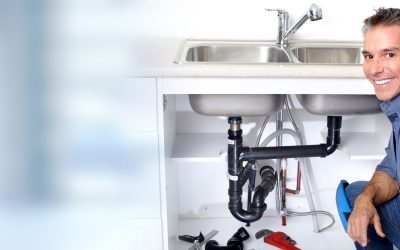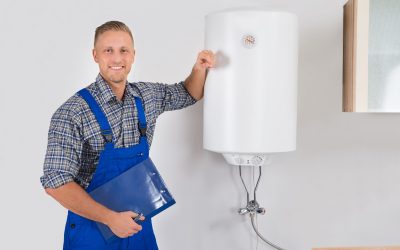Water heater installation in Colorado Springs, CO, may not be the most glamorous home feature to ponder, but it’s an essential component of household comfort, especially in a region such as Colorado Springs, where reliable hot water is crucial, especially during the colder seasons.
The process is not just about setting up a metal tank in a corner of your home; it involves intricate details that ensure a seamless supply of hot water for years to come. Here’s a comprehensive guide to navigating water heater installation in Colorado Springs CO, with savvy.
An Unseen Essential: Why Proper Installation Matters
A water heater might operate quietly in a utility closet or basement, but its importance is profound. It provides warm showers in the morning, sanitizes dishes, and enables those relaxing, water-dependent habits that can significantly impact our quality of life. But what makes one installation superior to another? It’s the difference between a heater quietly doing its job efficiently for years and one that develops problems soon after installation.
Expertly installed water heaters:
-
Keep utility costs down by running efficiently
-
Extend the life of the water heater by years
-
Ensure safe operation, minimizing the risk of leaks or other hazards.
Types of Water Heaters to Fit Your Home
Understanding the options available is important when selecting a new water heater. In Colorado Springs, two popular choices are tankless and traditional tank heaters.
Water heaters that are tankless are known for their energy efficiency and small footprint. They heat water directly without the use of a storage tank, cutting down on standby energy losses. However, they might require electrical upgrades due to their high-power requirements.
Traditional tank heaters are widely used and offer a stable supply of hot water for households with higher demands. They are generally less expensive to install but can cost more to operate in the long run.


